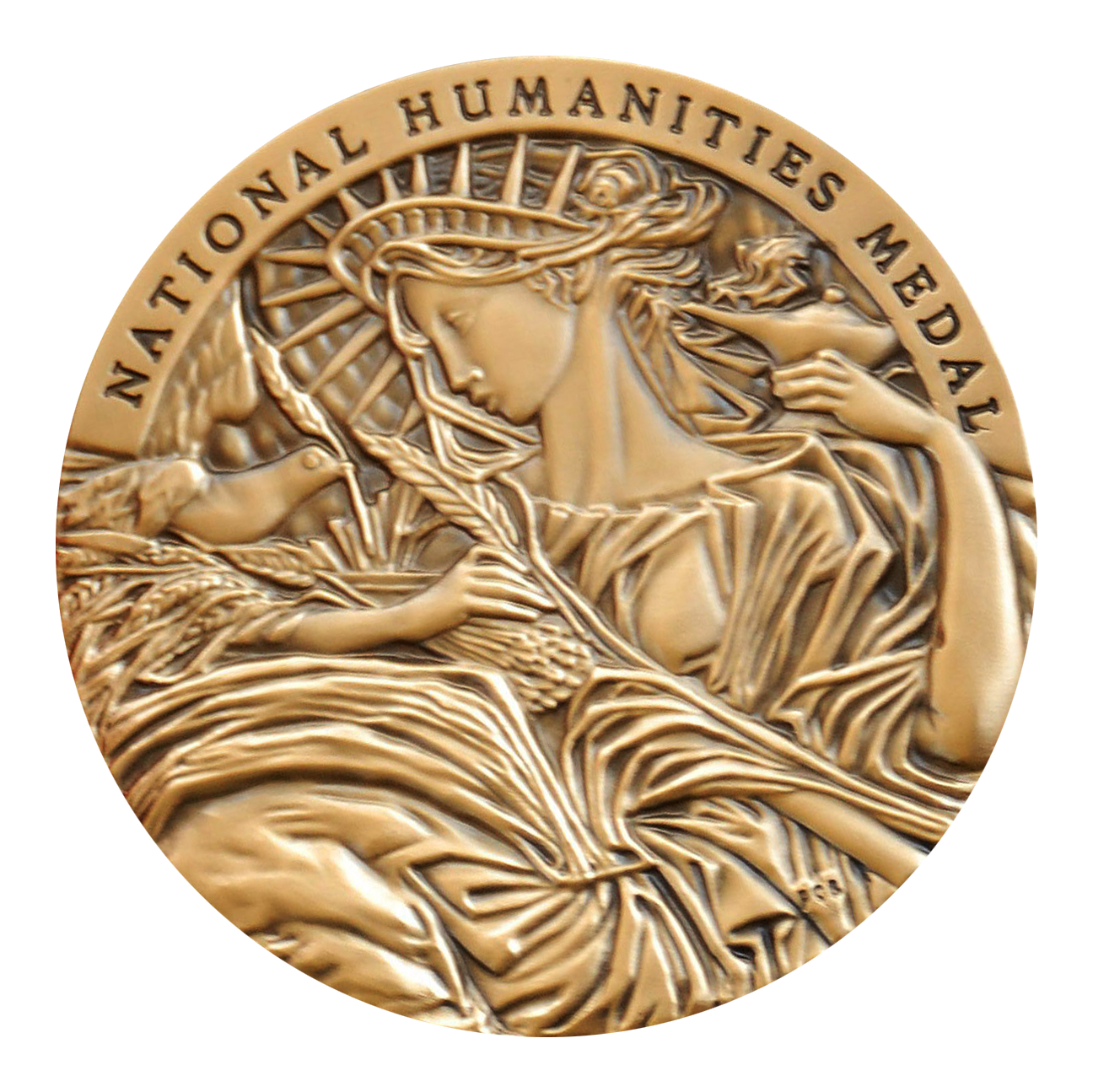The humanities have great appeal to give people a sense of self, to see the world and themselves differently in the Greek sense of reflective thinking, of autonomy. People who know the humanities become good citizens, become active, not acted upon.
- Earl Shorris, Clemente Founder

Clemente's History
In the spring of 1996, the Clemente Course in the Humanities graduated its first class in the Roberto Clemente Family Guidance Center in Manhattan’s Alphabet City. Seeking to understand the roots of poverty in the United States, Earl Shorris developed a rigorous humanities course like the renowned Great Books course he had taken at the University of Chicago.
Shorris was inspired by his interview with an incarcerated woman, Veniece Walker. She told him that those struggling economically needed access to “a moral alternative to the street.” To Shorris, that moral life was embodied in the humanities. This insight became the backbone of Shorris' seminal book,New American Blues, available today asRiches for the Poor: The Clemente Course in the Humanities.
Shorris’ writings ignited interest around the world in new, inclusive models of higher education. With the academic support of Bard College, Clemente Courses grew rapidly across the country in the 2000s, earning Shorris, and later the organization itself, a National Humanities Medal.


